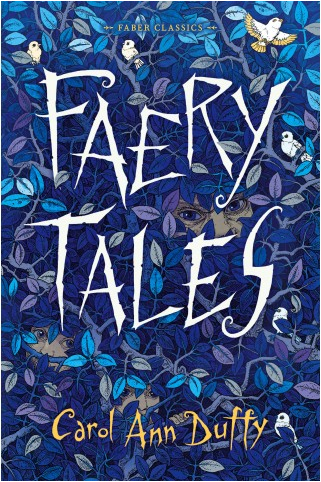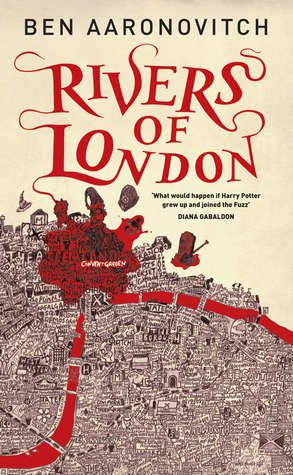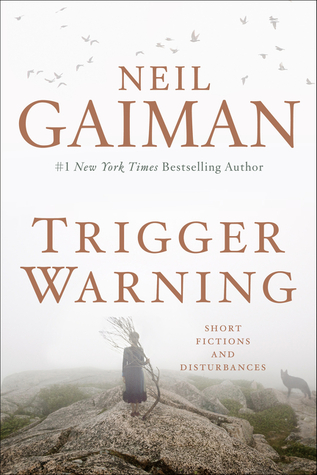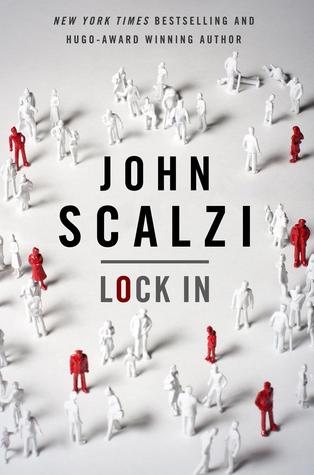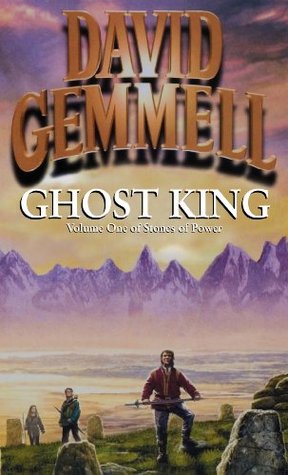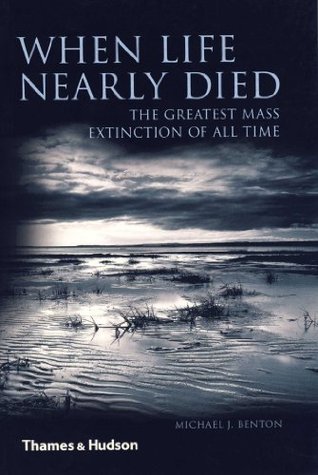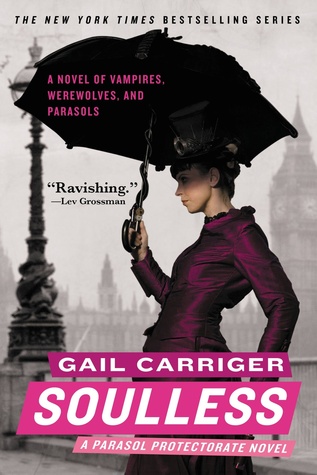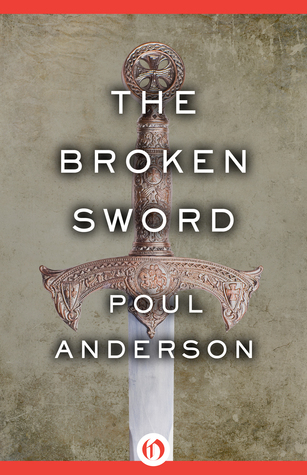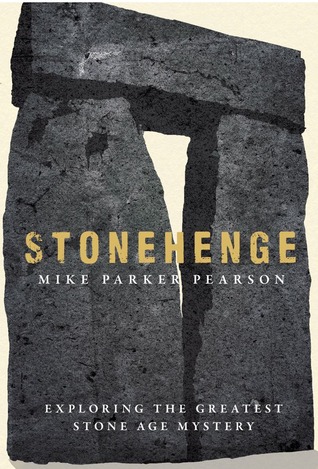 Stonehenge, Mike Parker Pearson
Stonehenge, Mike Parker Pearson
The whole idea of Stonehenge is a potent one. Those massive stones, dragged there from so far away (40 miles, by the most conservative theory) by people so long ago, for purposes that have puzzled us for centuries. Pearson’s work acknowledges the hold it has on our imaginations, and discusses a lot of the different theories before setting out his own and that of the excavation team he worked with. That aspect may be disappointing to you if you believe in a Mycenaean influence, or aliens building it, or that it’s an astronomical observatory. Or that Merlin brought the stones from Ireland and erected them with magic.
Overall, though, Pearson discusses the excavations themselves, the actual results of the digs and surveys, and the definite facts that came out of them. His interpretation is included, but I think he’s fairly clear that most of it is a working theory, albeit considered proven by himself and his team. I don’t know what archaeologists more generally think of it; to me, his theories seemed to make sense, but then I’m not an archaeologist, I have no particular specialist knowledge relevant to Stonehenge, and he wouldn’t exactly write the book to make himself sound like a crank. It does help that it seems aligned with theories about Seahenge that I read about by a different writer (review here).
If there’s a sense of wonder at history here, it’s about the things that humans could do, from so early in our history. It’s not about any religious awe; Pearson seems pretty devoid of that, at least as regards Stonehenge. And maybe a sense of wonder at what we can recover.
I think in some ways he theorises beyond his data, as the temptation always is with something like Stonehenge. I think he’s pretty convinced his theories are right, despite the fact that you can’t prove a lot of it (e.g. we can’t prove that henge burials tend to be of a family lineage over generations). But it’s overall a compelling book that pulls together the facts we have.
Rating: 4/5

